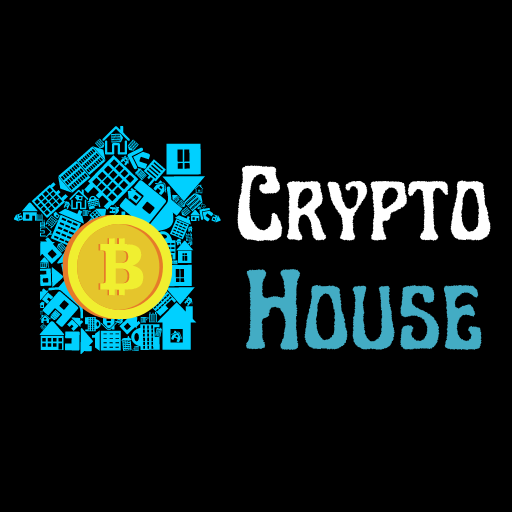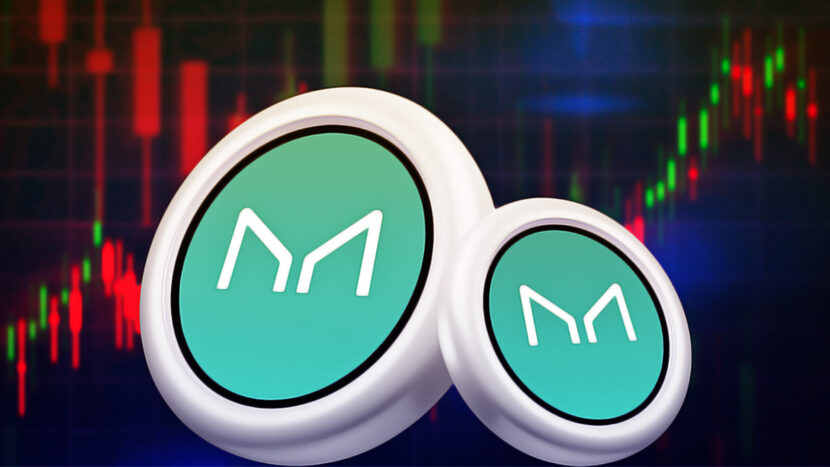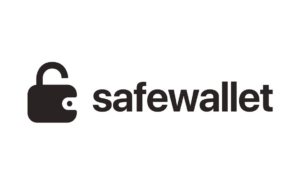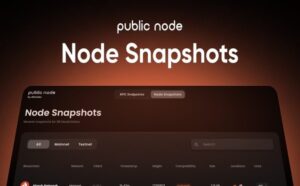- The Maker Protocol is the issuer of the Dai stablecoin.
- The MKR token is the native token of the protocol based on the ERC-20 standard.
Cryptocurrencies were developed to overcome the limitations of the traditional financial system, where a central authority controlled and regulated money. Bank collapses, payment delays, and expensive opaque charges led people to distrust the existing system and search for alternatives.
During its launch, Bitcoin was an attractive substitute due to its features and became popular among users. However, its high volatility and limited circulation prevented it from entering the mainstream market as a payment alternative. Stablecoins, backed by assets and maintaining a constant value, became the more preferred choice. Dai, a decentralised, collateral-backed stablecoin pegged to the US dollar, became a popular choice among users.
Understanding the Maker Protocol
The Dai stablecoin can be generated by users who deposit collateral assets in the Maker Vaults. These collateral assets are voted to be accepted in the protocol by the MKR token holders. This collateral backs Dai and keeps it stable. This is the only way through which Dai enters into circulation. Other ways to obtain it are through exchanges, brokers, or receiving it as payment.
Maker Vaults are smart contracts where the accepted collateral assets are leveraged to produce Dai in the protocol. These vaults can be accessed through user interfaces such as Oasis Borrow or other community-built platforms. If a user wishes to withdraw their assets from the vault, they have to repay the Dai and a Stability fee.
If any vault is considered risky, then that vault is liquidated through a Maker Protocol Auction. This ensures that the value of unpaid debt is always covered by enough collateral. Each vault has its unique Liquidation ratio, which is compared to the collateral-to-debt ratio. The voters decide the value of this ratio based on the risk profile of the underlying collateral. The auction mechanism includes liquidating the vault and selling the obtained asset in an internal market-based auction.
Along with the internal smart-contract-based infrastructure, the protocol also depends on several external features to run its operations smoothly. Keepers are independent actors that provide liquidity and are incentivized to do so by arbitrage opportunities. They help keep the Dai at the constant price of $1. To determine the real-time price of the collateral assets present in the vaults, the protocol depends on a decentralised oracle infrastructure. Other external components include emergency oracles (the last line of defence against attacks) and DAO teams.
Any holder can earn savings through their Dai tokens by depositing and locking them in a Dai Savings Rate (DSR) smart contract. Users are not bound to deposit a minimum amount in the beginning and can withdraw some or complete amounts anytime from the DSR. This DSR is determined by the current market price of Dai (whether it is below or above $1), and MKR voters modify it accordingly to help Dai reach its target price.
The MKR Token
The token is the central governance token within the Maker protocol, which gives its holders the right to vote on any proposal for changes. Along with this, it also acts as a recapitalization source when the protocol’s debt is more than its surplus. In such times, the token supply is increased through a debt auction.
The token holders have many responsibilities which they fulfil by voting. They can vote to accept a new collateral asset type based on the existing risk parameters. These parameters can be voted to be modified, removed, or add a new one among the existing ones. They maintain the DSR rate and choose the Oracle feed and emergency Oracle set. They can vote on emergency shutdown in case of an attack and a proposal demanding an upgrade to the system.
Final Thoughts
Through its numerous partnerships and an empowered developer community, MakerDao is all set to become the engine driving DeFi into its future. The Dai stablecoin is borderless, unbiased, collateral-backed, and can be accessed by anyone, anywhere.





